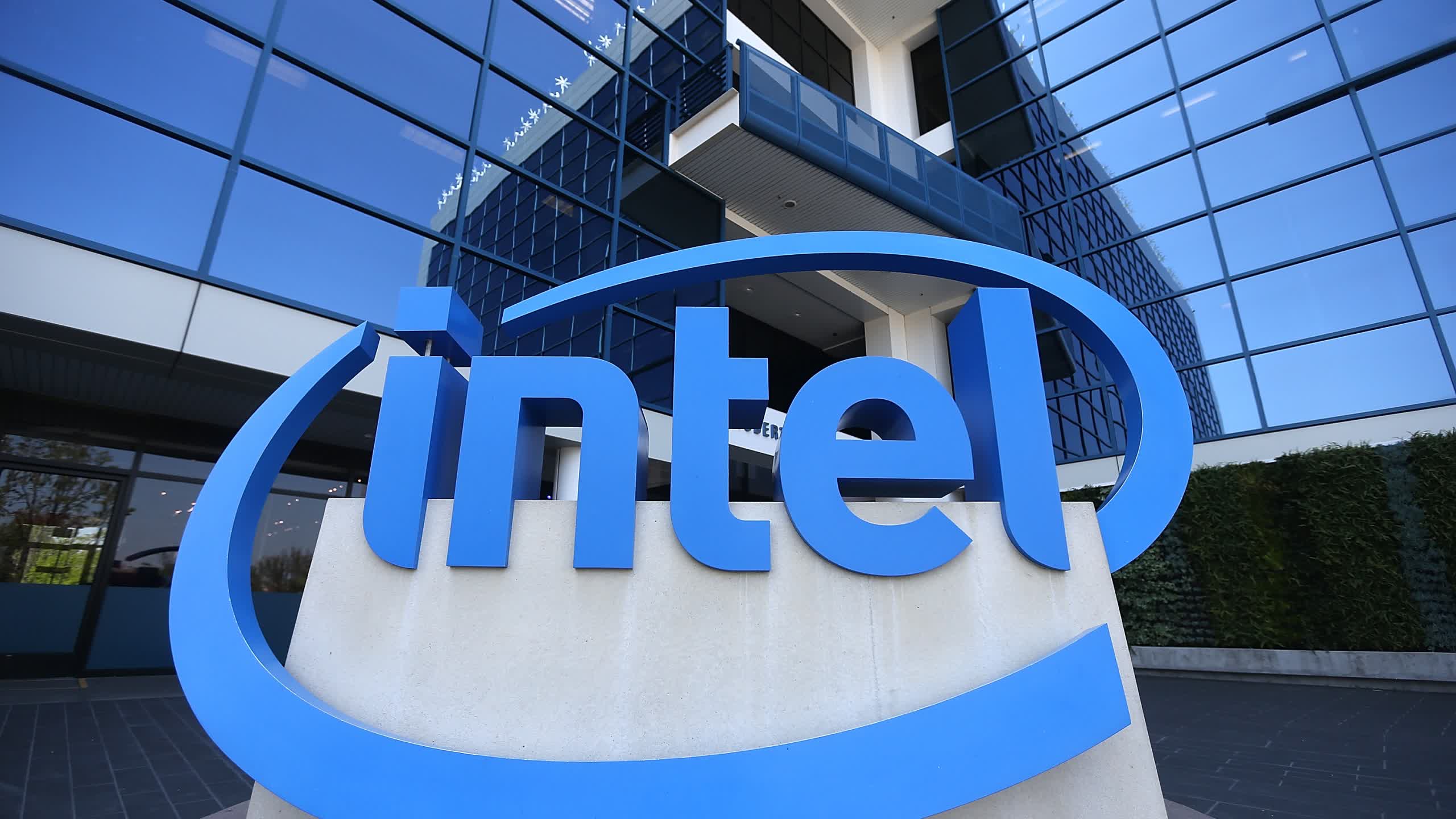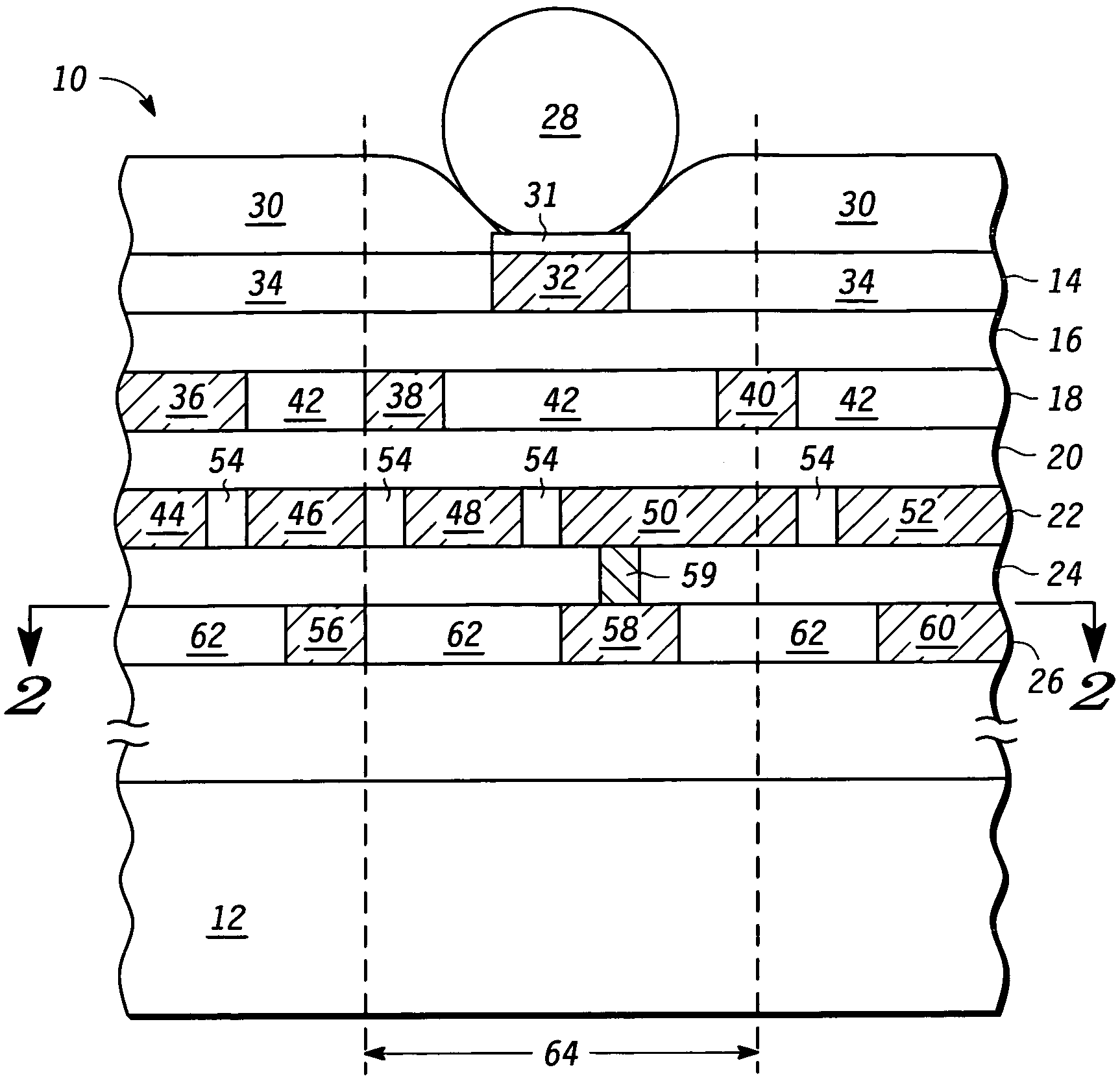What just happened? In its ongoing battle against VLSI, a now-defunct manufacturer of custom integrated circuits (ICs), Intel must pay a hefty fine for infringing a patent granted almost two decades ago. A federal jury in Texas has once again ruled in favor of VLSI, a non-operating company belonging to private equity firm Fortress Investment Group, ordering Intel to pay $949 million. It's a sum the Santa Clara corporation doesn't want to spend for a technology that doesn't even work with their latest computer chips.

The patent in question was acquired by VLSI from Dutch chipmaker NXP Semiconductors NV, and according to the patent troll attorney it would cause "millions and millions of infringements per second" within Intel's CPUs. The jury was convinced, and VLSI got the full amount of damages it requested.
Patent US7247552B2 covers a "technique for alleviating the problems of defects caused by stress applied to bond pads." The patented technology would improve the chip design before the actual manufacturing process, adding dummy metal lines to interconnect layers to increase the metal density of the interconnect layers.

In VLSI's view, the patent was still used by Intel for its Skylake and Cascade Lake CPU architectures, processors launched in 2015 and 2019, respectively. VLSI's patented technology, however, dates back to a 2005 application filing. The patent is still active and should theoretically expire in 2025.
According to Intel, the disputed technology isn't used by its CPUs at all; Skylake and Cascade Lake employ technologies developed in-house, Intel argued in court, and the VLSI patent wouldn't work with modern processors at all. Needless to say, the chipmaker wasn't pleased by the verdict and it will file an appeal.
The $949 million fine is yet another episode in the legal war between Intel and VLSI, with the latter operating only as an empty shell and a patent troll devoted to squeeze all the money they can from the former, still functioning company. In March, a Texas jury ordered Intel to pay VLSI more than $2 billion, while in April a second trial ended in favor of Intel for an alleged $3 billion patent violation.
https://www.techspot.com/news/96689-intel-must-pay-949-million-patent-troll-vlsi.html